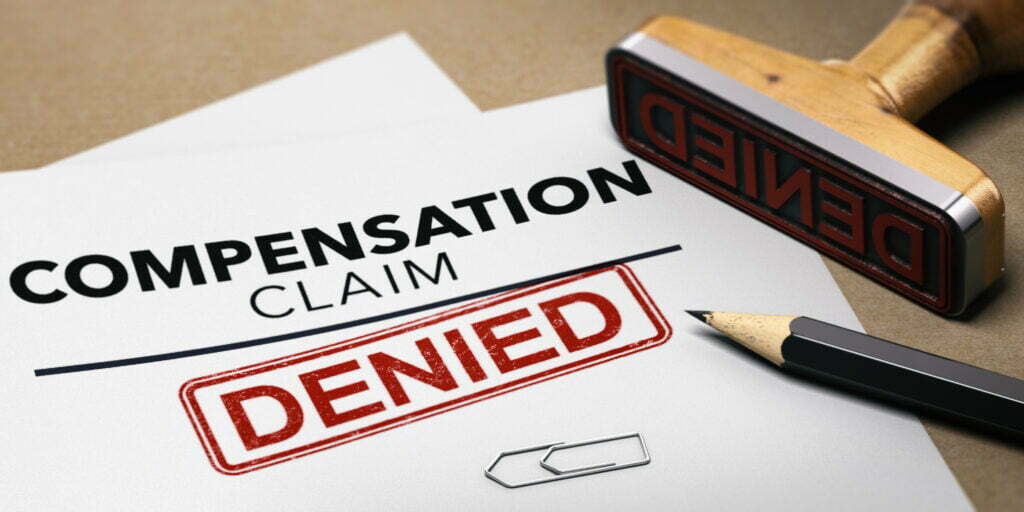
Having your claim denied can feel like a dead end. However, just because your claim has been denied, doesn’t mean your case is over. When your workers’ compensation insurance company denies your claim, they’re basically saying that they don’t think they are responsible for paying for your injuries. So what do you do when your claim was denied?

A lot of workman’s compensation law is determined by laws that can be up for interpretation. That’s why attorneys are the best people to interpret relevant statutes and analyze claims. Because so much is open to interpretation, claims are denied for all sorts of reasons, and just because one law was interpreted one way for another case, doesn’t mean it’ll be interpreted the same way for your case.
When you receive a denial, your attorney will do two main things:
- Send a list of Interrogatories to the Defendants.
Interrogatories really just means a list of questions. These questions are designed to help your attorney figure out why the claim was denied and discover any information that was not available before. Generally they have about 30 days to fill them out, though they can file for an extension. Chances are you and your attorney will receive a list of interrogatories from the defense as well. - File a Hearing Request.
This will allow the Deputy Commissioner to determine if your denial was improper – if so your case will go to court. It will also give you and the defendants a chance to go to mediation and settle your case outside of court. As it can take around 6 months to actually get a hearing, mediation is a good option in the meantime.

If you can afford it, we highly recommend that you continue seeking treatment until your hearing. Not only will it be beneficial to your health, but it gives us a better understanding of your medical condition, which gives us a better understanding of your case.









